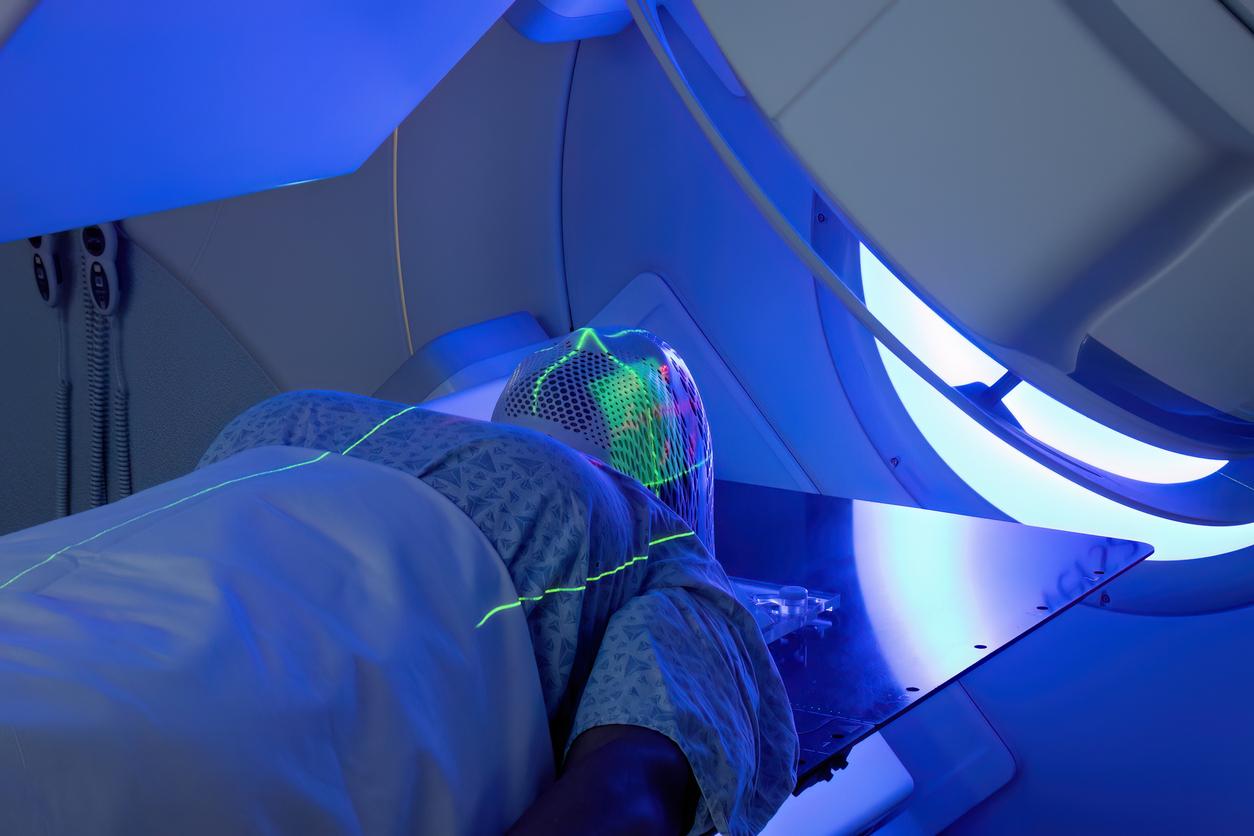After the placebo effect, make way for the nocebo effect. The media will have to be careful when making announcements about health risks because according to a recent study by a team of German researchers, they could make us sick.
In fact, according to the study, some people particularly easily influenced could develop symptoms described by a documentary or a newspaper, for no apparent reason. It’s the nocebo effect. “The mere anticipation of damage to health could trigger pain and health disorders”, explains Michael Witthöft, psychotherapist and director of research.
The team of researchers from Gütenberg University wanted to go further to understand this concept.
Psychological effects
Of the 147 volunteers gathered for the study, some watched a documentary on the BBC channel dealing with the potential health risks of cell phones and Wi-Fi signals. The other group watched a report on data security on the internet and cell phones. Then they were all exposed to fake Wi-Fi signals.
Despite the absence of the waves, 54% of the participants developed the symptoms described by the report: anxiety, loss of concentration, tingling of the extremities. Two people went so far as to leave the study because they maintained that the effects were too great to be able to continue being exposed. “It is obvious that the symptoms are more severe in subjects who suffer from pre-existing anxiety”, specifies Michael Witthöft. However, these effects are purely psychological.
Conclusion: “The media must be more responsible when warning about health risks”.

















